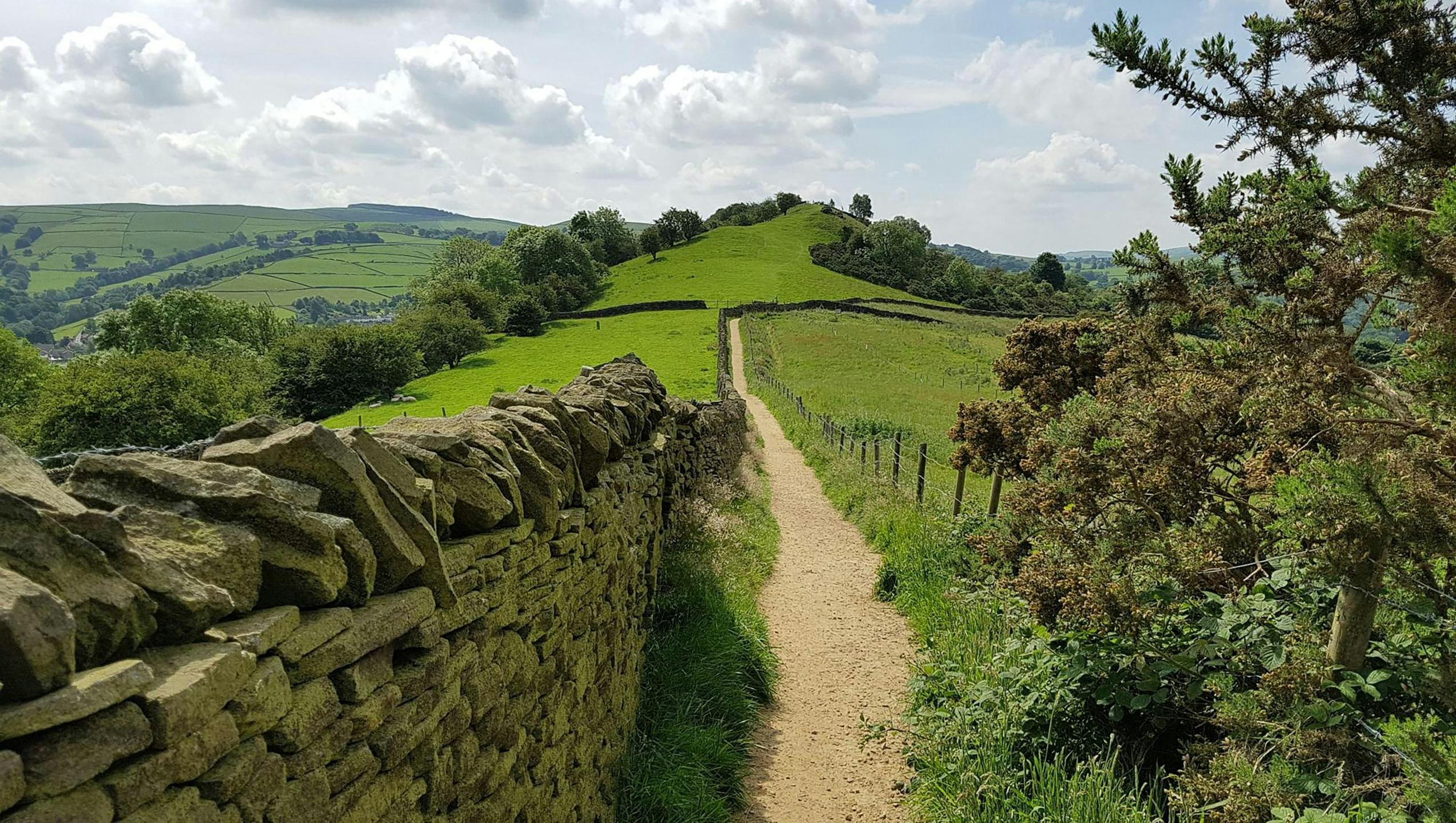This article is taken from the June 2025 issue of The Critic. To get the full magazine why not subscribe? Right now we’re offering five issues for just £25.
It wasn’t the smooth happy birth I’d hoped for or envisaged. At about four o’clock on a Friday evening — five days before my new book, Uncommon Ground, was due to be published — an email landed from my editor.
It had been forwarded to me, and I could see that the original had been sent to various people, including the managing director of William Collins and their top man over in Legal.
I had never expected my ranging and fairly raking exploration of the land access debate in Britain to be a hit with everybody. The case for foxhunting is complex, and the rural illegal rave scene — with its taste for criminal damage and hard drugs — isn’t going to be for everybody; but the fury of this particular email was a little surprising.
The complainant, one of the top brass over at the Right to Roam campaign, felt aggrieved on almost every level. I had, he raged, included far too much of some of their supporters’ views and not enough of others.
How dare I, for instance, speak to members of the London branch of the Right to Roam campaign, without confirming that everything they said chimed with the views of the campaign grandees at Head Office.
To give those of you who don’t keep up with the minutiae of rural politics some background, the Right to Roam campaign is the latest iteration of the land access campaign. Their take is that the countryside has been stolen from us and it is now “off limits” (their exact wording).
Some of their views are interesting, but their fundamental “take” is largely incorrect in its simplicity. For the first few chapters of my book, I had a fascinating time talking to historians and those who’ve been campaigning for land access for decades in order to try to get closer to the truth.
About a fortnight after that email landed, I was on Radio 4’s Start the Week with Mónica Feria-Tinta and the nature writer Robert Macfarlane. Robert’s new book, which is doing very well, explores whether rivers can have rights. It’s a thought-provoking idea.
I sat there as he talked, thinking that if they do then perhaps, in reference to the land access campaign, they (and the creatures that rely on them as habitat) have a right to tranquility — and does that trump our right to plod along their banks every morning? Perhaps.
But I realised as he went on that what my book is really about is the right of people to be listened to.
Sure, I guess Right to Roam didn’t really go in for me talking to a gamekeeper in Sussex whose traps on a grey partridge and lapwing conservation project were tampered with by a Right to Roam co-founder whilst he was trespassing. But it’s vital that we listen to these people.

On a hot summer’s day, as we drove across Sussex, I asked that gamekeeper why he thinks people don’t listen to him. He thought about it for a bit, then said that he didn’t really know but suggested that maybe it’s because he doesn’t “have letters after [his] name”.
In short, he lacks the social wattage of the man who tampered with his traps and broadcast it across social media as though it was some sort of triumph, and therefore his expertise is dismissed.
The main contention, in that Friday evening email, was that Uncommon Ground is not of public interest. It makes, the complainant suggested, no meaningful contribution to the land access debate.
It’s an astonishing claim, given that I spent three years talking to everybody from Romany Gypsies to tenant farmers to pig farmers to Irish travellers to poachers and even to county lines drug runners. I can’t help but feel they think not that my contribution isn’t meaningful but simply that I spoke to the wrong people, and they said the wrong things.
When my book was being shopped around for endorsements for the cover, the publisher struggled to find people in the nature writing world to get behind it. One person, whose work I very much admire, said she agreed with almost all of it and found it very funny, but she was worried about what might happen if she “blurbed it”. Her writing is her income. Sitting here now, I think she was maybe wise.
Uncommon Ground is reviewed here by Patrick Laurie.











